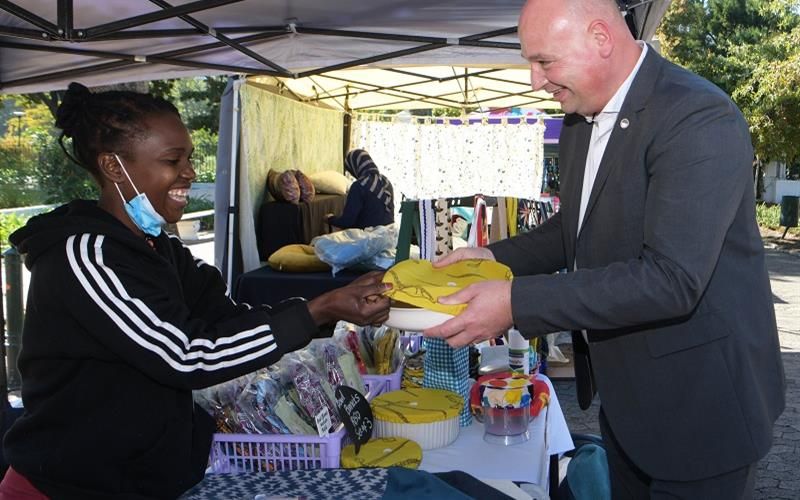Astro-tourism is a growing field in the tourism industry, which utilizes astronomical and celestial attractions to attract tourists. With Africa having clear and dark night skies, the continent has a competitive advantage in this niche sector. In this article, we explore the opportunities presented by astro-tourism and the efforts being made to capitalize on this potential.
The Inaugural Tourism Investment Forum Africa 2023
The Inaugural Tourism Investment Forum Africa 2023 was held in Upington, Northern Cape, South Africa, to discuss the potential of astro-tourism in the African continent. Deputy Minister of Tourism, Mr. Fish Mahlalela, emphasized the importance of promoting underdeveloped areas with high tourism potential for investment. The Northern Cape, being the largest province in terms of land size, is an excellent choice for hosting this critical event to explore opportunities in astro-tourism.
The Potential of Astro-Tourism in Africa
Africa’s clear and dark night skies offer a competitive advantage in astro-tourism, with 50% of the world’s population unable to witness the beauty of the night sky. Harnessing this potential can diversify the economy and develop new industries. One promising example of astro-tourism in South Africa is the Square Kilometre Array (SKA), an international project involving multiple countries that, upon completion, will be the largest radio telescope in the world.
Public and Private Sector Initiatives
The South African government has invested approximately R152 million (US$7.9 million) in astro-tourism, with a funding gap of about R150 million remaining. Private sector partnerships are essential to address this shortfall. The initial government investment aims to unlock further investment of around R18 billion in the sector.
Private sector collaboration is crucial for the growth and sustainability of astro-tourism. The Tourism Transformation Fund (TTF) has provided a combination of grant and equity to two boutique hotels in the Northern Cape, both owned by black women. The success of these hotels serves as a testament to the transformative potential of astro-tourism.
Moreover, the Southern Africa Development Community (SADC) is working on a unified visa system for the region, which will encourage cross-border experiences for tourists. A single visa would allow visitors to explore multiple countries during their trip, thus driving demand for astro-tourism across the region.
Astro-tourism has enormous potential to boost Africa’s economy and contribute to addressing the challenges of inequality, unemployment, and poverty. Public-private partnerships are essential to unlocking the full potential of this niche sector. Through strategic investments and continued collaboration between governments, private stakeholders, and international partners, astro-tourism can pave the way for a prosperous and sustainable future for Africa.









